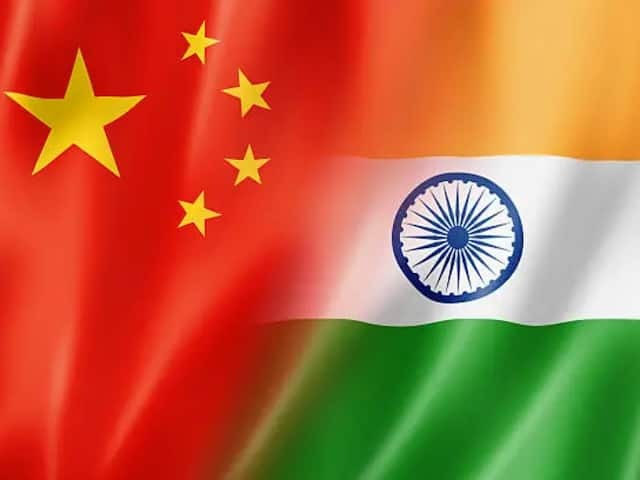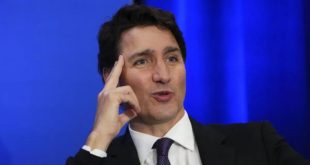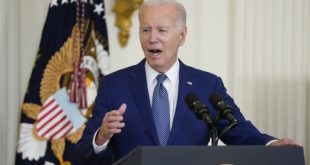India-China Relations: Unfilled Diplomatic Vacuum Raises Questions
In the realm of international relations, the prolonged absence of a Chinese ambassador in India has been a topic of speculation and concern. It has been over 15 months since the last Chinese ambassador, Sun Weidong, completed his three-year tenure and returned to China to assume the role of Deputy Foreign Minister in October 2022.
The Galwan Clash Fallout
The diplomatic void comes in the aftermath of the deadly Galwan Valley clash in June 2020, where at least 20 Indian and four Chinese soldiers lost their lives. This incident marked a low point in the already strained relations between China and India, reaching the lowest levels in decades. The historical border dispute, which led to a war in 1962, has seen escalations and partial withdrawals in the past three years.
Procrastination in Appointment: Unraveling the Reasons
The delayed appointment of a new Chinese ambassador is purportedly linked to internal Chinese affairs. While a political source suggests it’s a reflection of the current state of China-India relations, an insider in China’s foreign service indicates that the time-consuming selection process is due to the significance attached to a posting in Delhi, requiring seniority.
Assessing the Foreign Policy Perspectives
Experts in foreign policy from both China and India agree that China is cautious in its selection, considering the sensitive nature of the position. However, the specific criteria for the appointment differ. Shisheng Hu, director of the Institute for South Asian Studies at Beijing’s Think-Tank, notes, “It’s a sub-ministerial level job. It’s a crucial position, so finding the right person is essential. It’s not linked to a bilateral situation. It’s a domestic issue.”
‘Rank Matters More in Bureaucracy’
Contrastingly, Shrikant Kondapalli, dean of the School of International Studies at Jawaharlal Nehru University, observes, “In China, a senior Indian diplomat could be chosen as an ambassador, even at the level of a joint secretary and above. The rank in bureaucracy holds more weight today than it did years ago.”
Evolving Indian Perspective
The Indian viewpoint towards China has transformed, influencing the selection process for the new ambassador. The Galwan incident and subsequent actions have made bilateral relations more sensitive. Kondapalli remarks, “The event and its aftermath have made bilateral relations more sensitive. The appointment of a new ambassador is a delicate task.”
Diplomatic Challenges Amid Shifting Alliances
Given the evolving geopolitics in South Asia, the delayed appointment reflects the intricate diplomatic challenges both nations face. The Galwan incident not only heightened tensions but also altered the dynamics of the India-China relationship.
Changing Dynamics: A Challenge for New Appointee
The dynamics of India-China relations have shifted, requiring a nuanced understanding of the geopolitical landscape. The delayed appointment may be a strategic move by China to carefully choose a candidate who can navigate these intricate diplomatic waters.
A Year of Political Upheaval
The last year witnessed significant political changes in China, with the removal of certain key figures from their roles. This internal shakeup might have contributed to the delay in appointing a new ambassador for India.
India’s New Perspective: A Critical Factor
Indian officials are now keenly evaluating China’s stance before accepting a new ambassador. The Galwan incident and subsequent geopolitical shifts have made India more cautious and discerning in its approach to diplomatic relations.
Unanswered Questions: Why the Delay?
The delay in announcing a new ambassador for China in India raises several unanswered questions. Is it purely due to bureaucratic processes, or does it signify deeper issues in the India-China relationship? The lack of transparency adds to the intrigue surrounding this diplomatic vacuum.
Analyzing the Appointment Process
While the delay is attributed to China’s internal processes, the opacity surrounding the appointment process fuels speculation. It raises questions about the significance attached to the position and the careful consideration required in selecting an envoy to Delhi.
The Impact on Bilateral Ties
The extended vacancy of the Chinese ambassador’s post in India has ramifications for the bilateral relationship. With each passing day, the absence of a key diplomatic figure hampers the potential for dialogue and resolution of issues between the two nations.
In conclusion, the prolonged absence of a Chinese ambassador in India underscores the intricacies and challenges in the India-China relationship. The diplomatic vacuum, stemming from the Galwan incident, political shifts, and evolving perspectives, necessitates a thoughtful and strategic appointment to mend ties and foster constructive dialogue.
 Suspense Crime Sach Ka Dam
Suspense Crime Sach Ka Dam



